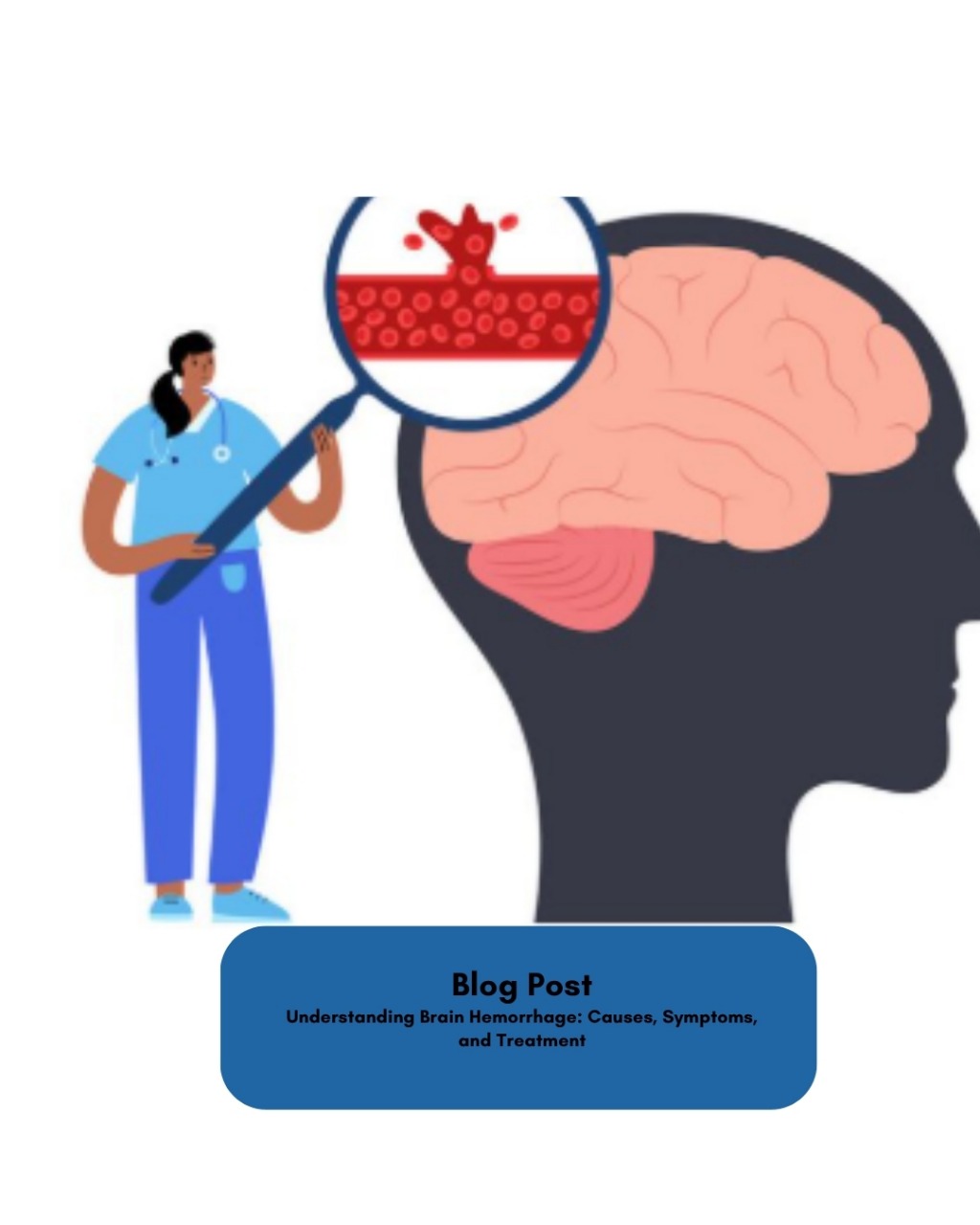Is Smartphone Addiction Affecting Your Brain?
In today’s hyper-connected world, smartphones are more than just gadgets—they’ve become our calendars, cameras, entertainment hubs, and social lifelines. But what happens when convenience turns into dependence? More importantly, what is this doing to your brain?
At the intersection of technology and brain health, Dr. Vamshi Krishna, the best neurosurgeon in Hitech City, sheds light on a growing concern: smartphone addiction and its neurological impact.
What is Smartphone Addiction?
Smartphone addiction, also called nomophobia (fear of being without a mobile device), refers to the compulsive overuse of mobile phones, often at the cost of one’s physical, mental, and emotional well-being. It's not about checking your phone a few times a day—it’s about the loss of control, constant scrolling, and anxiety when you're away from it.
Signs include:
Frequent urge to check notifications
Feeling restless or anxious without your phone
Neglecting work, sleep, or relationships
Phantom vibrations or sounds
Using the phone as a distraction from real-life emotions or stress
How Does It Affect Your Brain?
1. 🧠 Reduced Attention Span
Constant scrolling trains the brain to prefer short bursts of content, making it harder to concentrate on tasks that require deep focus—like studying, reading, or work.
2. 😟 Anxiety and Stress
Social media and notifications stimulate the brain’s reward center by releasing dopamine, creating a cycle of craving and reward. Over time, this can lead to chronic anxiety, emotional instability, and sleep issues.
3. 😴 Poor Sleep Patterns
Late-night screen use suppresses melatonin, the hormone responsible for sleep, leading to insomnia and poor sleep quality. The brain, especially in teens, requires quality sleep for development and memory.
4. 🧘♀️ Decreased Mental Flexibility
Overuse of digital devices reduces mental downtime—time the brain needs for creativity, memory processing, and emotional regulation.
5. 🚨 Risk of Tech Neck and Neural Strain
Prolonged neck bending while using phones can compress cervical nerves and spinal discs, causing headaches, neck stiffness, and sometimes radiating pain.
Are You at Risk?
You might not even realize it, but if your daily screen time crosses 5–6 hours (excluding work), or you feel anxious without your phone—even for a few minutes—it may be time to reevaluate your habits.
Dr. Vamshi Krishna, the best neuro doctor is known for his compassionate and detail-driven care, emphasizes early intervention for better neurological outcomes.
"Excessive screen use doesn’t cause a brain disorder directly," he says, "but it triggers or worsens underlying conditions like stress, migraines, poor posture, and even cognitive fatigue."
Tips to Break Free from Smartphone Addiction:
✅ Set screen-time limits using built-in tools on your phone
✅ Schedule phone-free time—especially before bed
✅ Engage in offline hobbies like walking, reading, or art
✅ Avoid scrolling in bed—replace it with deep breathing or journaling
✅ Turn off non-essential notifications
✅ Use grayscale mode to make your phone less stimulating
Remember, the goal isn’t to eliminate smartphones but to create healthy digital boundaries.
When to See a Neurologist
If smartphone overuse is causing:
Persistent headaches or migraines
Sleep disturbances
Anxiety or panic symptoms
Neck pain or tingling in the arms
Difficulty concentrating or remembering thing…it’s time to consult a brain and spine specialist.
Dr. Vamshi Krishna, the best neurosurgeon in Hitech City, offers complete neurological evaluation and care for screen-related issues. From posture-related nerve pain to cognitive fatigue, he addresses both root causes and long-term solutions.
Final Thoughts
Smartphones are here to stay—but your brain health should come first. Becoming mindful of screen time and understanding its impact on your nervous system is the first step toward better focus, deeper rest, and improved mental clarity.
Take the First Step Toward a Healthier Mind




Comments
Post a Comment